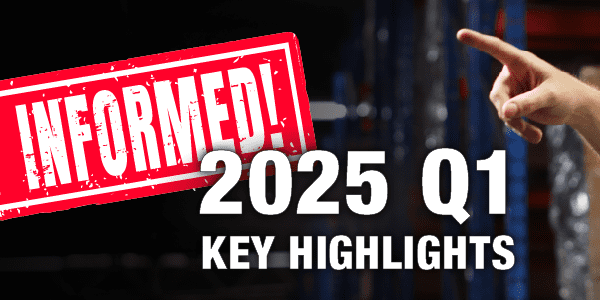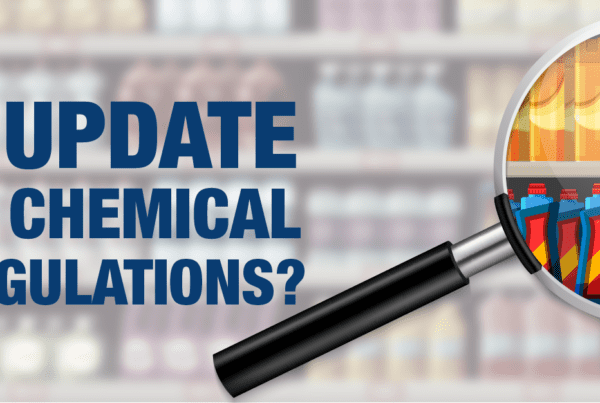New Concentrations and Concentration Ranges Rules
If you’ve begun switching your MSDSs to SDSs under the new WHMIS 2015 regulations, you likely know this headache all too well.
With the publication and implementation of the Hazardous Products Regulations (HPR or WHMIS 2015), Health Canada removed the old Controlled Products Regulations’ (CPR or WHMIS 1988) list of prescribed concentration ranges that could be used in MSDSs. These concentrations were in place, in part, to allow some Confidential Business Information (CBI) protection when concentrations varied in a product. WHMIS 2015 now requires disclosure of exact concentrations of ingredients, or the actual concentration range of the ingredient. Actual concentration ranges can only be used if the concentration varies in the product due to issues such as batch to batch variability. You cannot list a range if you have an exact concentration, and simply wanted to “protect your formula”.
Suppliers would be required to file a CBI claim under WHMIS 2015 requirements, if even just to protect the exact concentration of one ingredient on a SDS. A whole host of difficulties may face the supplier in obtaining information that would be needed to complete this type of CBI submission, such as obtaining exact concentration information from suppliers outside the country, where CBI or trade secret requirements are different from those in Canada. In the United States, for example, there is no federal requirement to submit any type of claim to protect an ingredient’s exact concentration on a SDS. The SDS simply has to state that the concentration is being withheld as a “trade secret.” You can imagine the reluctance of a US supplier in providing information that they consider to be a trade secret.
This new requirement to submit a CBI claim for exact concentrations can result in significant additional costs. Fees for an original claim begin at $1800 CAD per claim, with review fees every three years of $1440 CAD per claim. Sometimes the supplier can group several products into one claim; however, costs for submission could skyrocket depending on just how many products are being submitted. The non-profit trade association Responsible Distribution Canada (RDC) estimates that the impact of those submission fees to members of the Canadian Consumer Specialty Products Association (CCSPA) will be over $12 million.
Alternatives
There may be some light at the end of the tunnel, however. As a result of this substantial cost burden, the RDC, as an industry representative, has requested that Health Canada amend the HPR to include some kind of alternative to disclosing exact concentrations that avoids having to file a costly CBI claim. The RDC believes that the use of ranges does not diminish protection of workers, and that the new requirements in WHMIS 2015 creates disharmony rather than harmony between Canada and its major trading partners.
In the RDC Newsletter Volume 6 Issue 43, issued November 7, 2016, the RDC presented a proposal that would allow the use of the WHMIS 1988 prescribed ranges again, with the added ability to combine up to three of the low end ranges into a single range (e.g. 0.1 – 1%, 0.5 – 1.5% and 1 – 5%, into one range of 0.1 – 5%). The additional stipulation of allowing those combined low end ranges, would, the RDC believes, allow for better alignment with US requirements.
Open for Suggestions
In previous meetings with Health Canada, the RDC and other industry groups did not come to a resolution on this issue of concentration disclosure, but Health Canada is willing to listen to solutions to this issue such as the current RDC proposal. The RDC has requested help from interested parties on approaching Health Canada, and is asking that suggestions from interested parties be sent to Cathy Campbell at: [email protected]. Please submit your suggestions prior to November 30, 2016.
If you would like to learn more about the RDC, please consult the following website: http://www.rdcanada.ca/. For further information on CBI exemptions and claims in Canada, please consult the following website: http://www.hc-sc.gc.ca/ewh-semt/occup-travail/whmis-simdut/hmira-lcrmd/index-eng.php.
As always, should you have any questions regarding SDSs, please contact ICC Compliance Center Inc at 1-888-442-9628 (USA) or 1-888-977-4834 (Canada).






 ICC USA
ICC USA ICC Canada
ICC Canada